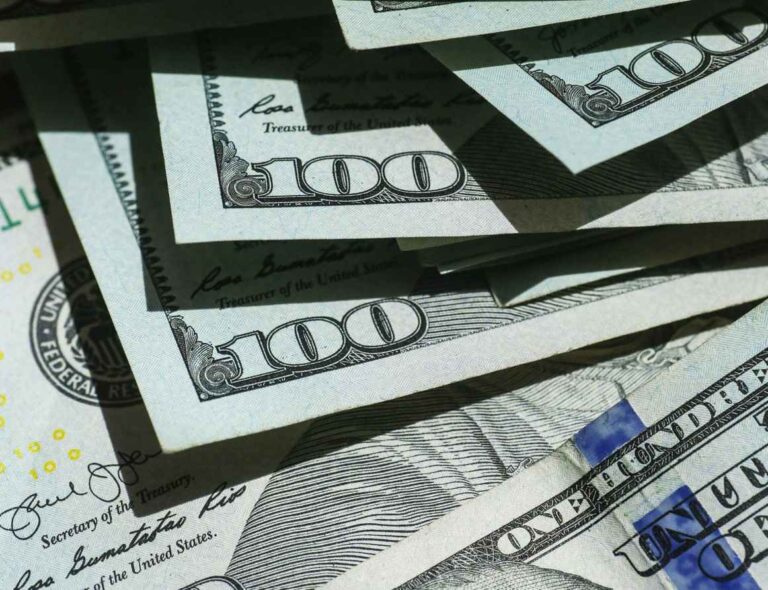The reserve currency is the one used as a means of payment in international transactions because it is reliable. In other words, investors expect its value to be maintained over time. Currently, the dollar mainly meets these characteristics.
A major portion of each country’s international reserves is denominated in a reserve currency. The bodies responsible for pursuing this objective are the central banks. Reserve currencies also serve to set the prices of commodities such as oil, gold and other commodities. The same happens with financial costs and international transportation.
Table of Contents
Characteristics of reserve currencies
One of the main characteristics of reserve currencies is that they facilitate international trade. Therefore, they allow you to establish a common means of exchange between people (or companies) who come from different countries.
However, the nation that issues the reserve currency benefits the most. For example, the United States can manage its external debt without incurring exchange rate loss costs.
In contrast, the British central bank, for example, has to sell pounds and buy dollars to meet its obligations to international creditors. So, if the US currency becomes more expensive, the British government has to incur greater expenses.
Having a reserve currency also implies dependence on another country’s monetary policy. If the US Federal Reserve starts issuing money above what is reasonable, it will generate inflation and lower the price of the dollar. As a result, all funds denominated in that currency around the world will be devalued.
Reserve currencies over time
Reserve currencies change over time. For much of the 19th century, the pound held that privileged place. However, it was replaced by the dollar mainly due to its reputation for stability. However, the military strength and size of the issuing country’s industrial sector also play a role.
It should be noted that since its introduction in 1999, the euro has gained ground as a reserve currency. This is because it benefited from the reputation of one of its predecessors, the German mark.
Added to this, countries like China have sought to diversify the currencies in which they hold their international reserves. In this way, they could reduce their dependence on the United States.
Read also: A guide to monetary policies: 10 points to understand them












